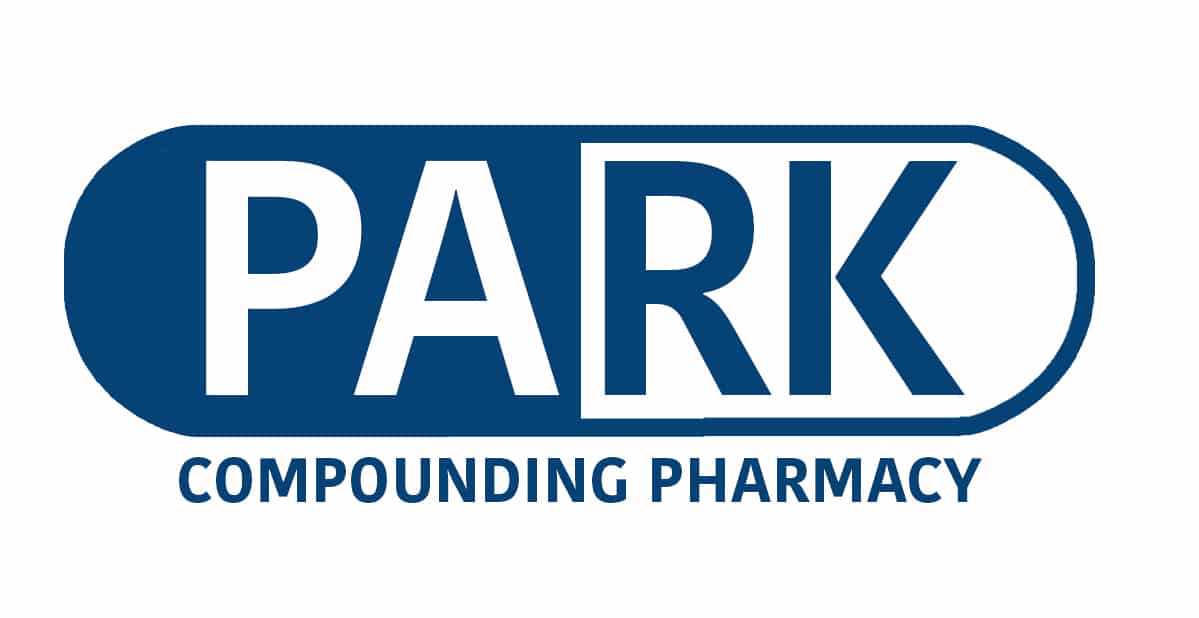Mouthwashes/mouth rinses are an effective way to prevent and manage oral disease, reduce plaque, make dental procedures easier, and improve healing. This method of delivery is useful because it affects the entire mouth at once and does not involve needles. There are both OTC and prescription mouth rinses available with many different uses. Some oral rinses contain anesthetic ingredients that can make hygiene visits easier. Others contain antiseptic ingredients that reduce bacteria and inflammation after oral surgery. At our compounding pharmacy we are even able to make a mouthwash that has both anesthetic and antiseptic properties.
Antiseptic Mouthwash
There are both OTC and prescription antiseptic mouthwashes with different levels of effectiveness. Antiseptic mouth rinses can treat gingivitis and are frequently used as part of a treatment regimen for periodontal disease. They are also used before and after oral procedures like tooth extractions. When used before or after an oral procedure they can reduce infection, inflammation, and gum bleeding to promote healing.
The most effective antiseptic mouthwash is one that contains chlorhexidine gluconate, which is able to break through biofilm to kill many different kinds of bacteria. The most common form of this product is a chlorhexidine 0.12% mouth rinse. This is the percentage found in the commercially available products Peridex and Periogard. At our pharmacy we are able to make combinations and strengths of medication that are not commercially available, including a higher-strength chlorhexidine 0.2% mouth rinse. Chlorhexidine mouth rinse is used for:
- Treating gingivitis and periodontal disease
- Preventing and treating oral thrush
- Preoperatively to reduce the risk of bacterial infection
- Postoperatively to reduce infection and promote healing
Other antiseptic mouthwashes can be effective, although they are not as effective as chlorhexidine. Mouth rinses with essential oils or aloe vera gel can effectively kill bacteria and prevent new colonization. In studies these ingredients have been shown to be less effective than chlorhexidine but they may still be useful for certain patients.
Anesthetic Mouthwash
Mouthwashes containing anesthetic are a great tool for any dentist or dental hygienist to have available on a daily basis. There are many situations where having a small amount of topical anesthesia that affects the entire mouth can be useful including:
- When taking impressions or X-rays to prevent a gag reflex
- For patients who are needle-phobic and do not want an anesthestic injection
- For patients with periodontal disease before probing or gross debridement
- During regular hygiene appointments for sensitive patients
At our pharmacy we make a dyclonine 1% mouthwash that is an effective topical anesthetic for gingival and palatal tissues. Patients swish this product around in their mouth for about one minute before a procedure. This mouth rinse was available commercially as Dyclone although this is no longer on the market. It is also called “Cyclone” by some pharmacies. Dyclone was originally a 0.5% dyclonine solution. Based on feedback from denstists however, we found that dyclonine 1% is more effective for most patients. For patients who need something a little stronger we offer a variety of topical anesthetic gels for dentists including TAC 20 and “The Baddest Topical in Town.”
Custom Chlorhexidine/Dyclonine Formulation
There are many possibilities for combinations and strengths of ingredients that are only available from a compounding pharmacy. One combination includes both dyclonine and chlorhexidine in one mouth rinse. A dyclonine 1%, chlorhexidine 0.12% solution can both anesthetize gingival and palatal tissues while providing an antiseptic. When used before a procedure this can both numb the tissue and reduce the chance of infection. For patients with bleeding gums and inflammation, dyclonine can reduce the sensation of pain while chlorhexidine promotes healing. Contact us today to learn more about our compound formulations for products that are not commercially available.







